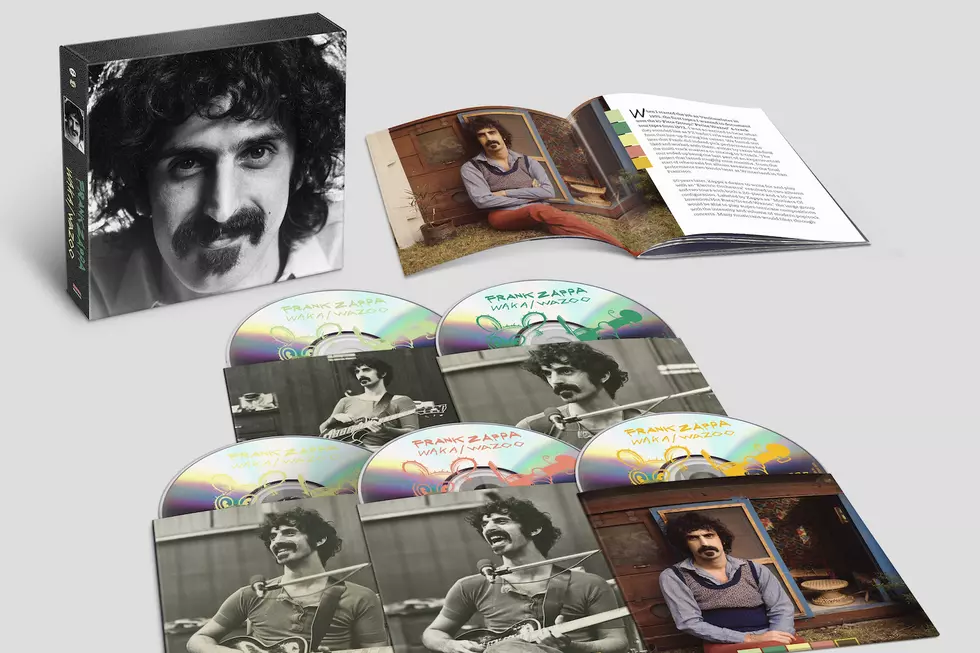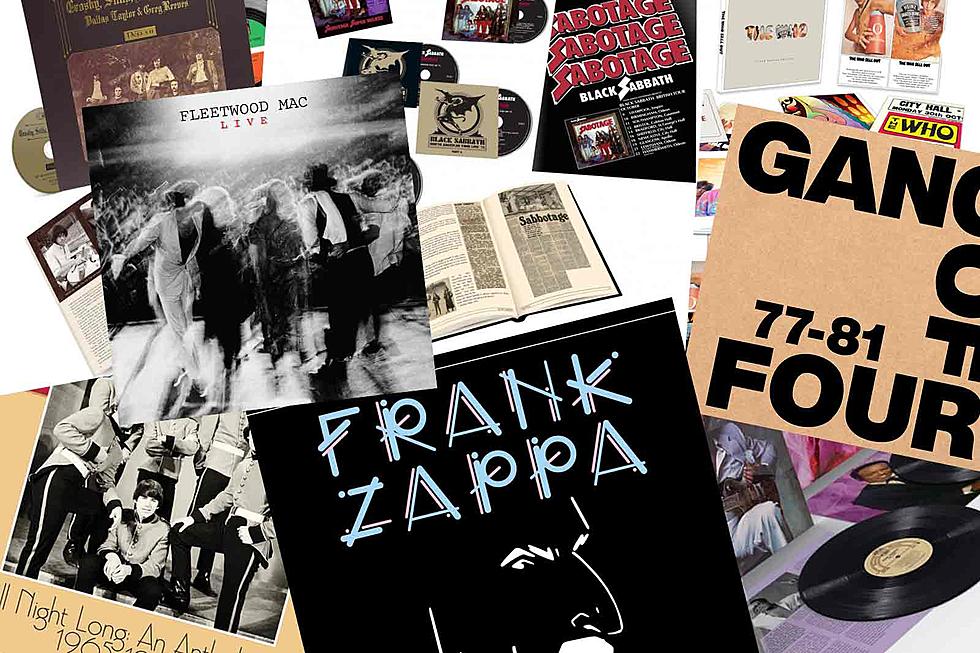The Story of Frank Zappa’s Death
Frank Zappa was one of the most innovative and versatile rock musicians of his generation, creating a vast body of work that encompassed almost every genre of music -- but he wouldn't have wanted to hear it. The mercurial genius actively resisted those kinds of labels and effusive public praise, focusing instead on the work itself in a career that spanned more than three decades. He died on Dec. 4, 1993 at the age of 52 after a long battle with prostate cancer.
Born on Dec. 21, 1940, Zappa first came to widespread public attention in 1966, the year his first album with the Mothers of Invention was released. Characterized by a bizarre melting pot of musical influences, satirical lyrics, extremely high instrumental values and outrageous theatrical performances, that group attracted a strong base of public support while breaking almost all of the established rules of the music business.
After the Mothers first broke up in 1969, Zappa went on to a genre-defying career with a series of lineups that is impossible to pigeonhole or even accurately describe in words, in the process helping to discover and nurture artists as diverse as Alice Cooper and Steve Vai.
Zappa's stable and relatively conventional home life belied his flamboyant public persona and outrageous lyrics. He married his wife, Gail, in 1967, and they remained together until the end of his life, raising four children together. Zappa fought with record companies and censors for much of his career, ultimately gaining the rights to his own master recordings and forming his own labels to release his work without interference. He often worked from a home studio or office, which allowed him to both keep up his workaholic ways, and spend time with his family.
Always up for pushing the boundaries of acceptable tastes, Zappa testified before Congress in 1985, when Tipper Gore's PMRC proposed "voluntary" ratings should be placed on sound recordings. Zappa -- who was vehemently opposed to organized religion and a staunch advocate of the First Amendment -- said in part, "The establishment of a rating system, voluntary or otherwise, opens the door to an endless parade of moral quality control programs based on things certain Christians do not like."
Zappa was diagnosed with prostate cancer in 1990. He later said that he had experienced urinary problems for years, and submitted to repeated medical tests. But by the time he was diagnosed, doctors told him the condition had existed for many years and was inoperable, essentially giving Zappa a death sentence. He curtailed most of his musical activities, but spent the last few years of his life involved mainly in classical composition, debuting his work The Yellow Shark to rousing success in Europe despite being very ill.
In the final television interview of his life (which you can see above), Zappa -- appearing quite sick -- described his health as "fair -- good days, bad days." Despite that, he smoked openly during the taping, dismissing the notion that smoking had played any role in his illness. "To me, a cigarette is food," Zappa observed. "Tobacco is my favorite vegetable."
Looking back on a career that most would view with envy, Zappa was adamant that the work itself had been the reward, not someone else's assessment of his legacy. "It's not important to even be remembered," he maintained. "The people who worry about being remembered are guys like Reagan, Bush -- these people want to be remembered, and they'll spend a lot of money and do a lot of work to make sure that remembrance is just terrific. I don't care."
Which is as fitting a tribute to the iconoclastic musician as any we might attempt.
See the Yearbook Photos of Frank Zappa and Other Rockers
25 Interesting Rock Movie Facts
More From Classic Rock 105.1










